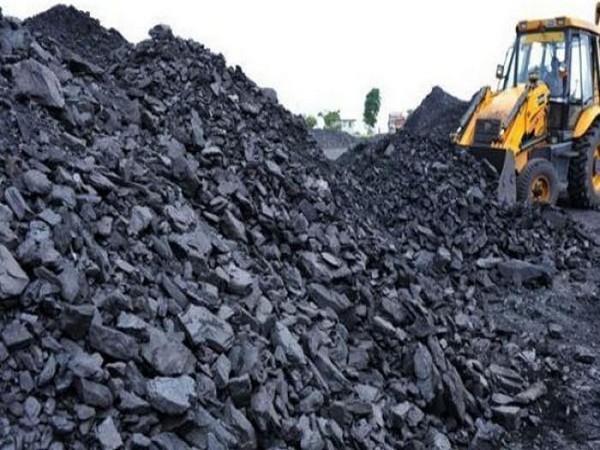KARACHI: Thar Coal is booming but Tharis are being adversely affected, and no one seems to care. According to last month’s findings by the Rural Development Policy Institute, which were released by the civil society group Alliance for Climate Justice and Clean Energy, locals in Thar are facing continued hardship due to the creation of mega coal projects in the area.
The research titled ‘Coal Rush: The Impacts of Coal Power Generation on Tharis’ Land Rights’ was revealed during a webinar by its lead author, Quaid-e-Azam University lecturer Dr Ahsan Kamal. While discussing one of the major findings of the study, Kamal revealed that a great hinderance in the quality of life of Tharis is the fact that they are not given a seat at the discussion table and almost never included in debates about coal mining in the region.
He further maintained that research had shown that the people of Thar have historically used their land very dynamically and in environmentally friendly ways, while adding that, “local culture and economy depend on historic access to private, public, and common land for grazing and cropping.” However, this is becoming increasingly impossible as coal projects in the area are taking up grazing land and causing water insecurity, which will be very problematic in the long-term.
This is because coal is a depleting resource which is not sustainable and in the future, when all is said and done, the land in the region will be inarable and hinder agricultural practices, causing massive difficulties for future generations in the region. Kamal stressed that, “we cannot sacrifice our people for profit,” while adding that, “Thari voices must be central to all conversations on Pakistan’s energy future.”
Bad for Mother Earth
However, this is not news. Just a little over a year ago the Centre for Research on Energy and Clean Air released the report detailing the harmful effects of the Thar coal projects. Their research titled, ‘Air Pollution, Health and Toxic Impacts of the Proposed Coal Mining and Power Cluster in Thar, Pakistan’ outlined the incredibly harmful impacts of coal mining on the environment.
At the release of the study, Pakistan Fisherfolk Forum chairperson Mohammad Ali Shah stated that, “coal energy is dirty energy. It is dirty as well as harmful energy that leads to health hazards, loss of livelihoods, further poverty, loss of lives, destruction of natural resources, loss of biodiversity and the massive displacement of indigenous people due to all these things.”
He maintained that such projects were not just harmful but counted as forced displacement of locals. “How will the people carry on living at a place where their water sources have been compromised along with the polluting of the air they breathe, where the common grazing lands of their animals too have been encroached upon? But this is what is going on thanks to the coal power projects in Tharparkar,” he said.
The 2020 study detailed the consequences of coal mining and production over the next 30 years. The study found that Thar will become a major contributor towards air pollution, as well as a mercury and carbon dioxide emission hub in South Asia. This is because as much as 1,400 kilogrammes of mercury is expected to be deposited from the nine coal plants in the region, 320 kilogrammes of which will be in the immediate vicinity of projects, causing serious health risks for locals living close to the plants.
An expected 29,000 pollution related deaths will occur, 40,000 asthma induced emergency room visits will occur, 19,906 new cases of asthma will occur in children and 32,000 premature births will happen as a result.
Despite all this, the Federal and Sindh governments continue to peddle the narrative that these coal plants will be incredible assets for the region and the country. There is far too much chatter about how these plants will help solve Pakistan’s energy needs and will ensure economic prosperity for locals in the region – but at what cost?
Ignoring the adverse impacts of coal mining in the long term is exactly the kind of thing that makes for an unsustainable mindset. The country cannot simply plant a few trees and pat itself on the back for being a very sustainable and climate minded nation, when it chooses to invest in coal production.
Looking to alternative sources such as solar and wind power generation is a much more viable option, as experts have repeatedly pointed out. This is also something the nation will inevitably have consider when all Thar’s coal reserves have been emptied.
The difference is that by the time that happens Thar, its people and the environment will have already suffered beyond repair.



















